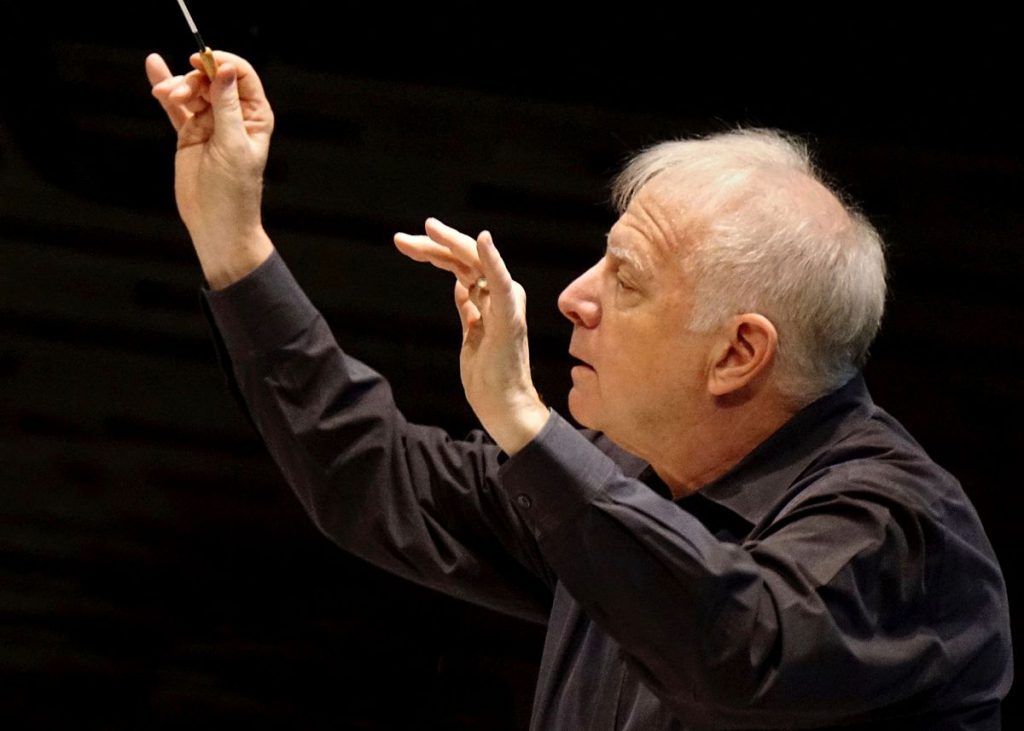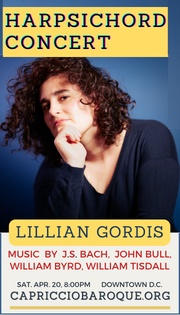Slatkin returns to NSO with rare Bernstein and inexorable Stravinsky

Leonard Slatkin conducted the National Symphony Orchestra Thursday night at the Kennedy Center.
This year is Leonard Slatkin’s tenth and final season as music director of the Detroit Symphony Orchestra, where he finishes at the top of his game. The end of his tenure with the National Symphony Orchestra had some disappointments, but his return to the podium of the Kennedy Center Concert Hall, on Thursday night recalled his happier days with this ensemble.
At his best Slatkin featured much contemporary music, especially by American composers, during his time here. So it was fitting that he take part in the Kennedy Center’s ongoing anniversary celebration for Leonard Bernstein, whose 100th birthday would have been next August.
The first half of his program contained two Bernstein pieces premiered by the NSO 40 years ago, in 1977. Sadly, neither is really worth resurrecting.
Bernstein composed Slava! A Political Overture for Mstislav Rostropovich’s first season with the NSO. The work is a clever pastiche of popular idioms, much of it recycled from Bernstein’s failed musical 1600 Pennsylvania Avenue. The “political” part consists of a few recorded snippets of campaign speeches dropped into the middle, and a single shouted “Slava!” is the sole reference to Rostropovich. The NSO played it well, but it’s still a derivative, confused mess.
Slatkin gets marks for reviving another work from that same concert in 1977, Songfest. Although it was commissioned for the American Bicentennial, Bernstein was not able to complete the piece, which ended up as a cycle of twelve songs for vocal sextet and orchestra, in time. It is a wild jumble of thoughts, featuring poetry by thirteen writers, on subjects ranging from grief, love, sex, patriotism, and social subversion.
With laser-precise baton and rigorous rhythmic exactitude, Slatkin skillfully negotiated this grandiose mish-mash of ideas. A sextet of singers, current and former members of Washington National Opera’s Domingo-Cafritz Young Artists program, made varying impressions through unfortunate amplification.
Bass-baritone Hunter Enoch was sincere and simple of tone in “To What You Said,” Walt Whitman’s poetic but frank avowal of his own homosexuality. In 1977, this recently discovered poem had special resonance for Bernstein, who had just left his wife, Felicia, who was dying of cancer, to move in with his lover, Tom Cothran. Mezzo-soprano Daryl Freedman likewise gave intense anguish to Edna St. Vincent Millay’s “What Lips My Lips Have Kissed.”
The high point of this work was the paired, seething anger of baritone Christopher Kenney and soprano Leah Hawkins in “I, Too, Sing America / Okay ‘Negroes’,” sung to poetry by Langston Hughes and June Jordan, respectively. Hawkins, in particular, was an elemental force of sneering derision. Her voice was just as rich and powerful on her own in “Music I Heard With You,” by Conrad Aiken, but with a tender side caressing the phrases of this softer piece. For all that some of these vignettes succeeded, the cycle never coalesced into a convincing whole.
Slatkin and the NSO had all gears turning for the second half, what turned out to be anything but just another performance of Stravinsky’s The Rite of Spring. Slatkin was not concerned with velocity in this savage interpretation, allowing plenty of give and take for the woodwind solos of the introduction. Each burble, squawk, and flutter-tongue came out clearly in carefully layered textures. Ironclad tempos gave the music choreographic urgency, as Slatkin often pushed the usually emphasized parts into the background in favor of lesser-heard dissonant clashes.
This manner of interpretation, focused on regularity of pacing, gave the work a much more atavistic character than versions that emphasize impetuous sonic violence. After all, the sacrifice that is the central horror of the ballet is not a rash act of rage. It is a premeditated murder, planned annually, ritualized, and chillingly deliberate, and the “Augurs of Spring” and “Sacrificial Dance” sections especially rocked with that certainty of motion.
The program will be repeated 8 p.m. Saturday, with a special DECLASSIFIED concert, featuring only The Rite of Spring 9 p.m. Friday. kennedy-center.org; 202-467-4600.







Posted Nov 07, 2017 at 7:54 am by Chuck Wagner
I attended Saturday night’s performance. I thought it to be a mismatched choice in pairing Bernstein with Stravinsky.
Though I realize the NSO has been celebrating Bernstein’s centennial of late, making the entire first half with what, to me, commenced with circus rate bad cartoon music (“Slava…”) followed immediately by “Songfest” with its (sorry to say) highly obtuse and simply bad orchestration made for a forgettable first half. The singers were very good but they had no coherent accompaniment which is not Maestro Slatkin’s fault in the least. The fault lies with Bernstein himself, who is not in the league of Igor Stravinsky as a composer, especially when attempting (and not succeeding in the least) inconsistent atonality which was not suited to Leonard Bernstein’s strengths,, my inference being “West Side Story”
But Slatkin denlivened an absolutely beautiful ” Rite” which redeemed the evening. Clarity, a de-emphasis on the usual freneticness that seems to pervade readings of the work, and a very interesting elevation of inner woodwinds along with a different perspective on phrase, actually often creating “the long line” which is a fascinating concept to explore in such a highly fragmented masterpiece. Leonard Slatkin is a truly gifted conductor who presented an absolutely beautiful “Rite Of Spring”.